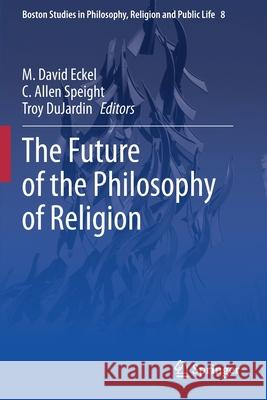The Future of the Philosophy of Religion » książka
topmenu
The Future of the Philosophy of Religion
ISBN-13: 9783030446086 / Angielski / Miękka / 2021 / 292 str.
The Future of the Philosophy of Religion
ISBN-13: 9783030446086 / Angielski / Miękka / 2021 / 292 str.
cena 484,18
(netto: 461,12 VAT: 5%)
Najniższa cena z 30 dni: 462,63
(netto: 461,12 VAT: 5%)
Najniższa cena z 30 dni: 462,63
Termin realizacji zamówienia:
ok. 22 dni roboczych.
ok. 22 dni roboczych.
Darmowa dostawa!
Kategorie:
Kategorie BISAC:
Wydawca:
Springer
Język:
Angielski
ISBN-13:
9783030446086
Rok wydania:
2021
Ilość stron:
292
Waga:
0.41 kg
Wymiary:
23.39 x 15.6 x 1.55
Oprawa:
Miękka
Wolumenów:
01
Dodatkowe informacje:
Wydanie ilustrowane











